Topic 1: Introduction to Biology – Biology Form One Notes New Syllabus
There are various forms of life on earth ranging from microscopic to macroscopic living things. Such forms of life or living things are studied in Biology. In this chapter, you will learn about the basic concepts and terminologies of Biology, branches of Biology, importance of studying Biology and the relationship between Biology and other scientific fields. The competencies developed will enable you to use biological principles and processes in everyday life.
Basic Concepts and Terminologies in Biology
The word Biology comes from two Greek words;
- Bios – which means Life.
- Logos – that means scientific study
Therefore, Biology is the branch of science that deals with the study of life.
Note:
A person who studies biology is called a Biologist.
The living things also known as Organisms. When we talk about organisms here we mean plants, animals fungi and micro-organism.
Micro-organisms are very small living things which cannot be seen by naked eyes such as bacteria and some protozoans.
CHARACTERISTICS OF LIVING THINGS
Life is the state that distinguish living from non- living things.
Living things share life process or characteristics as follows:
i. Locomotion: All living things can move.
ii. Nutrition: All living things feed by taking in nutrients in order to obtain energy.
iii. Irritability: All living things are sensitive to their surroundings.
iv. Reproduction: All living things make more of their own kind.
v. Growth: All living things get bigger and repair damage.
vi. Excretion: All living things get rid of toxic substances.
vii. Respiration: All living things take in oxygen and release carbon dioxide.
A Cell is a basic unit of life. All things are made up of cells. Cells are very small unit that can’t be seen by using the naked eyes.
The microscope is an instrument used to enlarge small things including cells so that they can be seen clearly.
Branches of Biology
The branches of biology include Zoology, Botany and Microbiology.
Note: A person who studies about zoology is called a Zoologist. A person who studies botany is called a Botanist. A person who studies microbiology is called a Microbiologist.
However, there are other sub branches of biology that deals with different aspects of living things, Example are given below:
Other Branches of Biology
| Branch | Area of study |
| 1. Anatomy | Body structures and functions |
| 2. Cytology | Cells |
| 3. Ecology | Relationship between organisms and their environment |
| 4. Entomology | Insects |
| 5. Genetics | Heredity and variation |
| 6. Immunology | Immune system |
| 7. Mycology | Fungi |
| 8. Parasitology | Parasites |
| 9. Taxonomy | Classification system |
| 10. Physiology | Body function |
Importance of Studying Biology
The study of Biology is important because:
(a) It helps us to gain knowledge about our environment and how to improve it.
(b) It is a foundation for specialising in careers, such as nursing, medicine, and teaching.
(c) It helps us to acquire research skills, such as measuring, observing, analysis, and conclusion making skills.
(d) It enables researchers to produce improved breeds of crops and animals.
(e) It enables scientists to come up with the ways of preventing and treating diseases.
(f) It encourages international cooperation in biological researches.
RELATIONSHIP BETWEEN BIOLOGY AND OTHER SCIENCE FIELDS
Biology is related to other fields of study, such as Agriculture, Medicine etc.
i. Agriculture
Agriculture is concerned with production of useful plants and animals through farming system. Agriculture provides us with almost all our food, Biology research findings on crops and livestock have led to improved agriculture production.
ii. Pharmacy & Medicine
Pharmacy is the profession concerned with the preparation, distribution and use of drugs. Members of this profession are called pharmacists. Pharmacy also refers to a place where drugs are prepared or sold The drugs are made depending on the chemical composition of the body of an organism and how they can react with such medicines.
Knowledge of biology also helps to know the effects of drugs on living things (pharmacology) and possible remedies to be taken. Medicine is the science and art of preserving health and treating illness.
Medicine is a science because it is based on knowledge gained through careful study and experimentation. Biological knowledge will also help them to offer education to the patients on how to prevent themselves from the diseases
iii. Nutrition
Nutrition is the science which deals with food and how the body uses it. Biology is used by dieticians to determine the kind of diets suitable for people with different health problems.
iv. Forestry
A forest is a large area of land covered with trees. Biology helps in improving the qualities of the trees through manipulating the genetic constitution of the particular plant species.

Class Exercise
1. Outline four reasons as to why it is important to study Biology.
2. Identify the field and branch of Biology that you will use to solve the following
problems:
(a) Helping a person with a broken leg.
(b) Protecting cattle from tsetse flies.
(c) Conserving village river from drying.
Chapter summary
Biology is the study of living things. People who study Biology are called Biologists.
The main branches of Biology include Botany, Zoology, and Microbiology.
The cell is the basic functional unit of life.
The study of Biology is important because:
(a) It helps us to gain knowledge about our environment and how to improve it.
(b) It is a foundation for specializing in careers, such as nursing, medicine, and teaching.
(c) It helps us to acquire research skills, such as measuring, observing, analysis, and conclusion making skills.
(d) It enables researchers to produce improved breeds of crops and animals.
(e) It enables scientists to come up with the ways of preventing and treating diseases.
(f) It encourages international cooperation in biological researches.
Biology is related to other fields of study such as:
- Agriculture
- Medicine
- Pharmacy
- Veterinary Science
- Nutrition, and
- Forestry.
Home work
1. Form one students in a certain secondary school were interested to know why it is necessary to study biology. Assume you are a Biology teacher: educate these students on the importance of studying Biology by giving six (6) points.
Revision exercise 1
Choose the most correct answer
1. Which of the following fields of study is NOT related to Biology?
(a) Agriculture
(b) Astrology
(c) Medicine
2. Which of the following is a reason for studying Biology?
(a) Biology helps us to appreciate and improve nature.
(b) Biology deals with non-living objects in our environment.
(c) Biology enables us to pollute the environment.
(d) Biological research contributes to the development of low-yielding breeds of crops.
3. The branch of Biology that deals with microbes is called:
4. Which of the following is one of the main branches of Biology?
(a) Sociology
(b) Agriculture
(c) Anthropology
(d) Botany
5. Outline four reasons as to why it is important to study Biology.
6. Identify the field and branch of Biology that you will use to solve the following problems:
(a) Helping a person with a broken leg.
(b) Protecting cattle from tsetse flies.
(c) Conserving village river from drying.
7. Differentiate:
(a) Unicellular from multicellular organisms
(b) Cytology from taxonomy





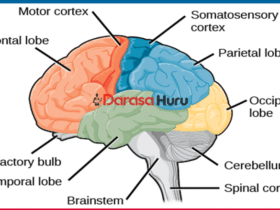
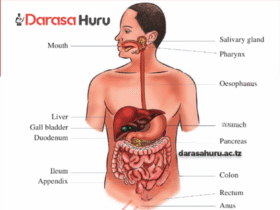


















%20(1).png)












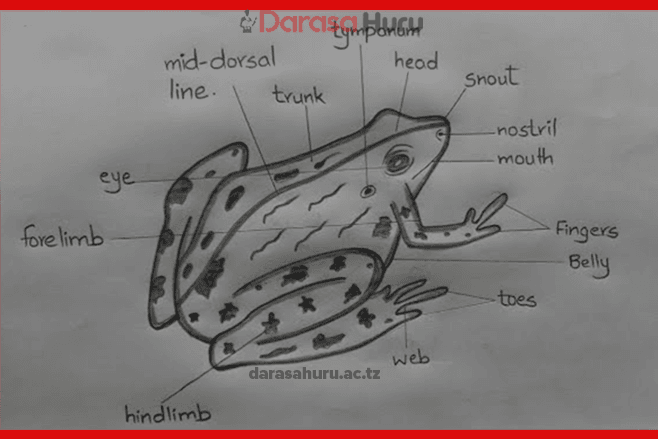
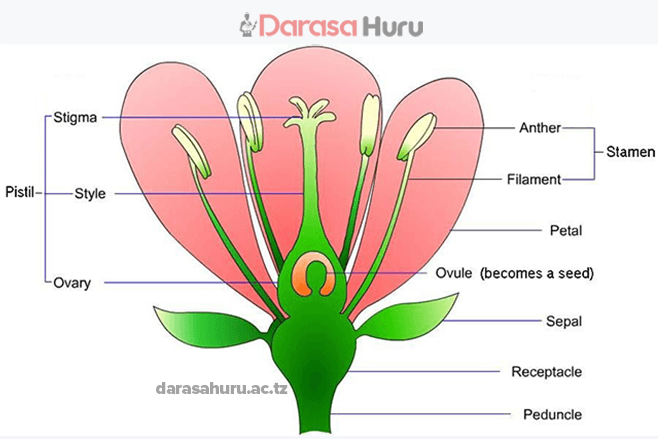


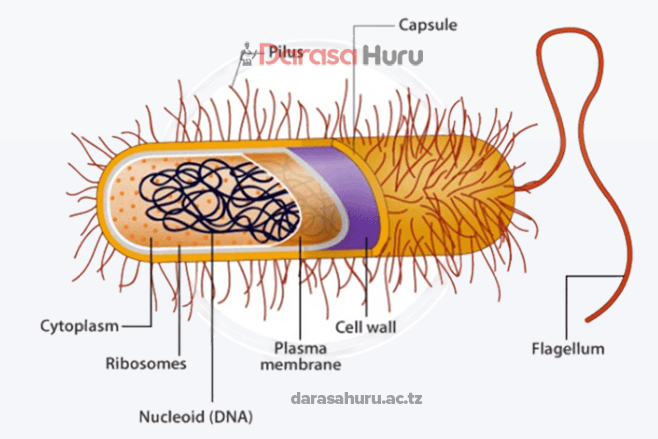
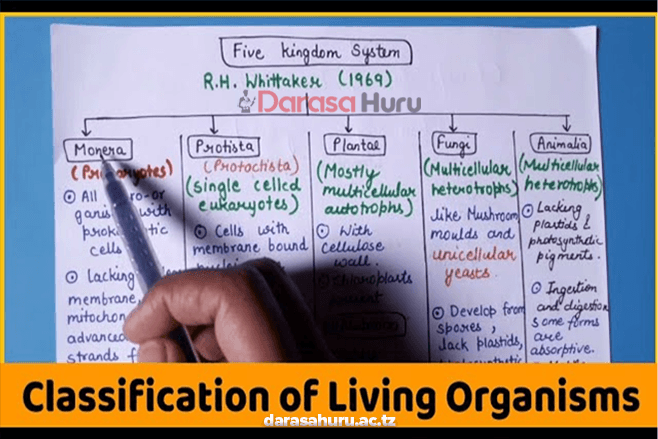
Leave a Reply